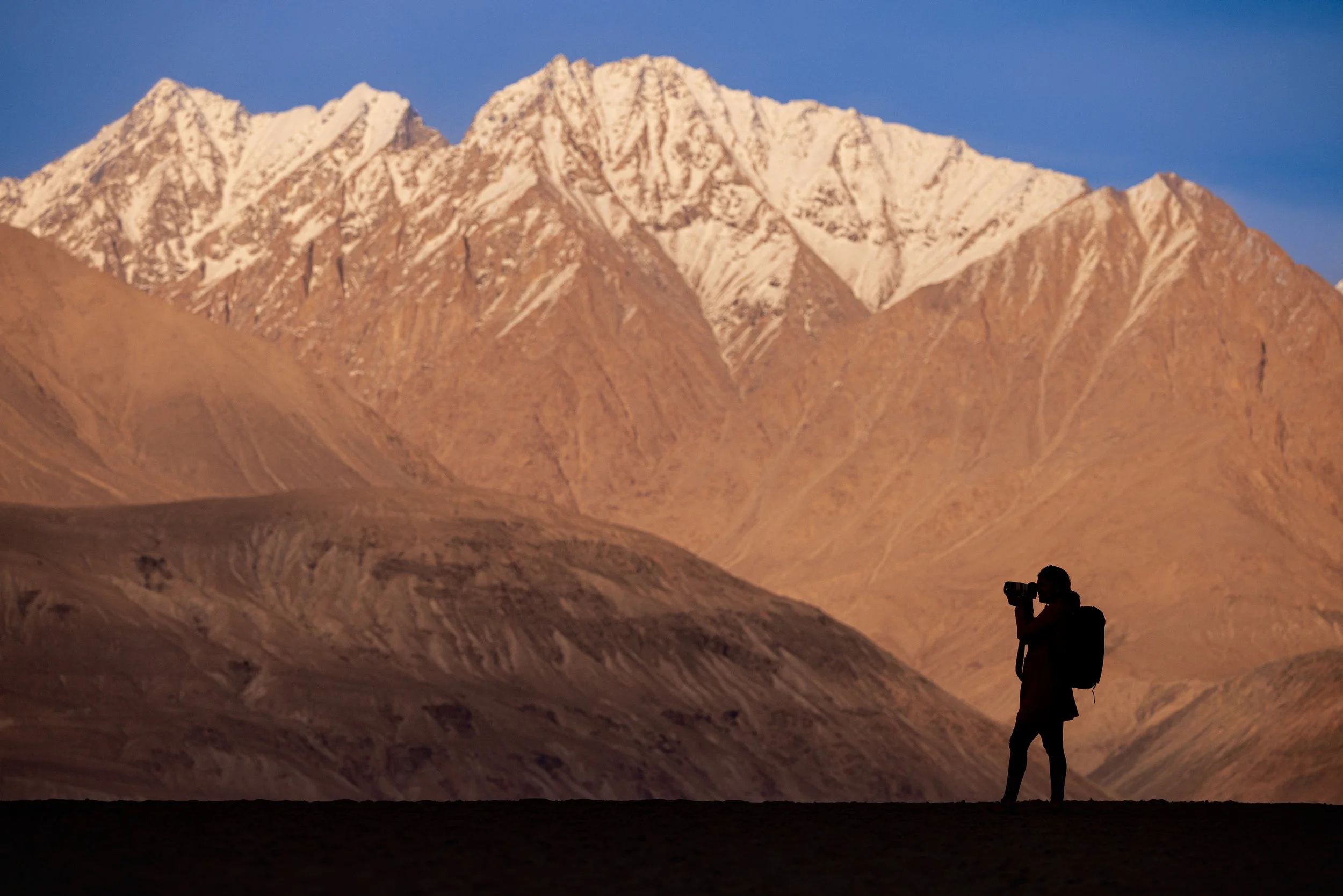What most 'professional' wildlife photographers aren't telling you
My friend Mushtaq goes by Doctor Scala. He’s a medical doctor by education, so you can have a reasonable discussion with him about medicine. However, he’s not a “professional” doctor. He builds software for a living and specialises in the Scala programming language. Hence, Doctor Scala.
The dictionary defines “professional” as someone who “engages in a specified activity as one's main paid occupation rather than as a pastime.” This means that a professional boxer earns their living from boxing, a professional teacher does the same with teaching, and you can’t be a professional lawyer if it’s not your main, paid occupation.
Over the years, though, I’ve noticed that several nature enthusiasts on the internet call themselves “professional wildlife photographers”. They don’t mean badly, of course, but they’re often stretching the definition of the word “professional”. By definition, a “professional photographer” should earn their living from photography, through activities such as commissioned shoots, stock photography, and licensed work. You can often count the number of such wildlife photographers on your fingertips.
As it turns out, many wildlife photographers on the internet who call themselves professionals are referring to their competence rather than their means of earning a living. Here are some ways internet photographers earn their living:
Running a monetised, wildlife-focused YouTube channel.
Organising wildlife photography tours.
Providing photography education.
All of these are legitimate ways of earning money, but in those three examples, the individuals are still amateur or enthusiast photographers. They are professional YouTubers, tour operators and educators, not professional wildlife photographers. The fact that they hyphenate their jobs with wildlife photography doesn’t quite make them “professionals”. Some “pros” on the internet don’t even have a photography-adjacent profession. They’re skilful photographers who may have won a few photography contests and built themselves a social media following. They’re professional lawyers, doctors, teachers and whatnot, but not professional wildlife photographers.
By no means am I casting a shade on any of the individuals in question. Wildlife photography is a demanding profession. It’s capital and operations-intensive. There’s space for only a few professionals in this field. Photography is also ceding ground to filmmaking, so there’s more room to be a wildlife filmmaker than a wildlife photographer. People are also more likely to make money as a corporate, wedding, lifestyle or fashion photographer than as a wildlife photographer.
Yet, many nature enthusiasts practice photography with a high level of dedication and craftsmanship. If there were a big enough market to pay for their photography skills, I’m sure many of them would be professionals.
So, what I’m trying to get at is as follows.
If you follow someone on the internet who says they’re a professional wildlife photographer, dig deeper and learn what their real profession is. It’ll help you understand their story a bit better. You may uncover the incentives that motivate certain types of content. For example, a YouTuber may talk up a particular lodge or property, not because it’s the best place for professional photographers, but because they have a paid partnership with the lodge. A series of posts about a productive wildlife photography location could be a way to market an upcoming tour there.
If you are a wildlife photographer and call yourself a “professional”, consider the definition of the word “professional”. If photography is indeed your profession, then the conversation is moot. If not, consider using the word “professional” in a hyphenated manner. For example, you could be a professional wildlife photography educator. Or a professional outdoor photography tour operator. Your audience may appreciate your honesty about your actual profession.
By the way, I have a half-decent portfolio of images, but I’m NOT a professional. I’m merely a professional tech consultant and a random guy on the internet. I have no illusions that anyone will read this post and tweak how they produce or follow content. As a reasonably skilful, amateur photographer, though, it was worth writing these words!


